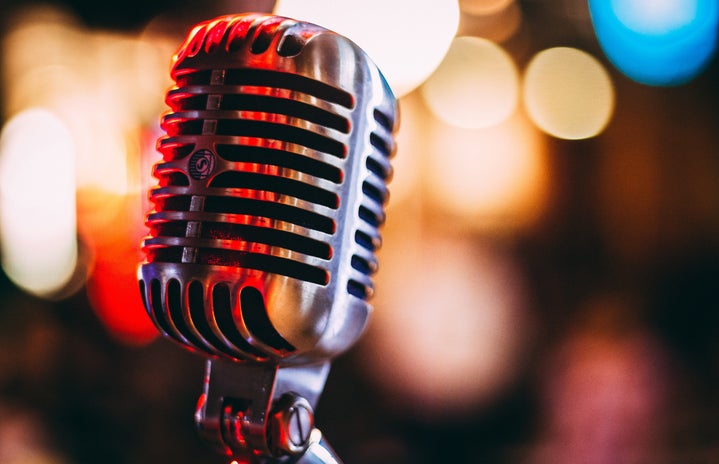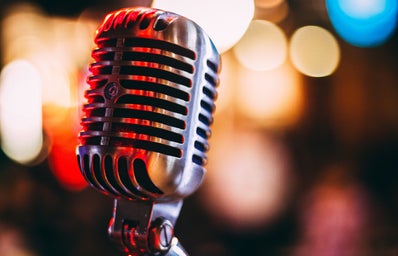If you couldn’t tell from many of the articles that I have written so far, music is my one true love. I don’t think I could live or breathe without music, and it’s such a core part of who I am. Because of this, there are so many artists who I had the joy of growing up with. One of those was Halsey, who I first discovered right as she was making her mark in the industry with Badlands. Halsey is, to me, one of the best musicians and songwriters in the industry; she’s able to build entire worlds, atmospheres and more with just the production of the songs and the lyrics. Just recently in Oct. 2024, she released The Great Impersonator, her fifth album and one of her longer ones, being over an hour long. It’s primarily an alternative and pop rock album, with some songs having that classic pop sound Halsey built her name on. However, what really stood out in this album, and the reason I believe that this album is a work of art, is the lyrics and the story she tells on the album.
This is where the context for the foundations of the discussion here become necessary. In 2022, Halsey revealed that she was diagnosed with two very serious diseases: lupus and a rare blood disorder. She dealt with these for two years and underwent constant treatments, but still said that she “will likely have [the disorders] for the duration of [her] life”. This is where the very first single from the album came from, called “The End.” This then became the basis for the entire album and other singles she released from there, such as “Lucky” and my personal favorite, “Lonely is the Muse.” She made it not knowing if she was ever going to be able to make another album again, and each song conveys that fear. During that same period, her then-husband left her, which sent her into such a dark point in her life and is also reflected in songs such as the aforementioned “Lonely is the Muse.” So basically, this isn’t just someone impersonating emo and pop rock, this is a woman showing the rawest version of herself, showing her actual headspace during those two years on the verge of death. This is her personal story she is telling, and she does it so masterfully here.
Now, I firmly believe that art is subjective and everyone has the right to criticize art, as it makes any artist better at what they do. However, what I noticed is that the reaction to this album has been downright nasty, as many of the critics didn’t bother to research why The Great Impersonator was made in the first place, and instead blame Halsey because they think the music is bad. There are two primary critical reviews that pushed me to write this article. The first was Anthony Fantano’s, who, despite not being a legitimate musical critic, might have had some of the nastiest commentary I have seen. In his words, he described this album as having the “worst case of main character syndrome [he] had ever seen”, to which I say that he is the prime example of not doing any research on the album. Even more so, many albums created by women are treated as products, not pieces of art that should be analyzed. It also shows how often male artists are highly praised for including vulnerability in their art work, but women are often criticized and harassed for it online until it becomes a huge cultural moment. As an example, one of my other favorite artists is Tyler, the Creator, who just released Chromakopia and had some of his most vulnerable and incredible performances on the album. I feel as though we should have the same level of respect for women who share the same level of vulnerability on their albums instead of putting them down. Speaking of, an article by Pitchfork did much of the same things the Fantano review did, stating that it’s “designed to position Halsey as a tortured, singular artist”, emphasizing many of the points stated earlier, yet even more misogynistic and ignorant because they state at the beginning the research was done and yet never take it into consideration throughout the rest of the review.
Women should be able to be uplifted and celebrated for their achievements in artistic vision in the music industry, not put down by people who believe that women are being self-centered and degrading for expressing their true emotions and their story. Do you have to like the music itself? No. Does that give anyone the right to criticize a woman and put her down because she told a story that happened and her mindset and vulnerability at any point in time? Absolutely not.


